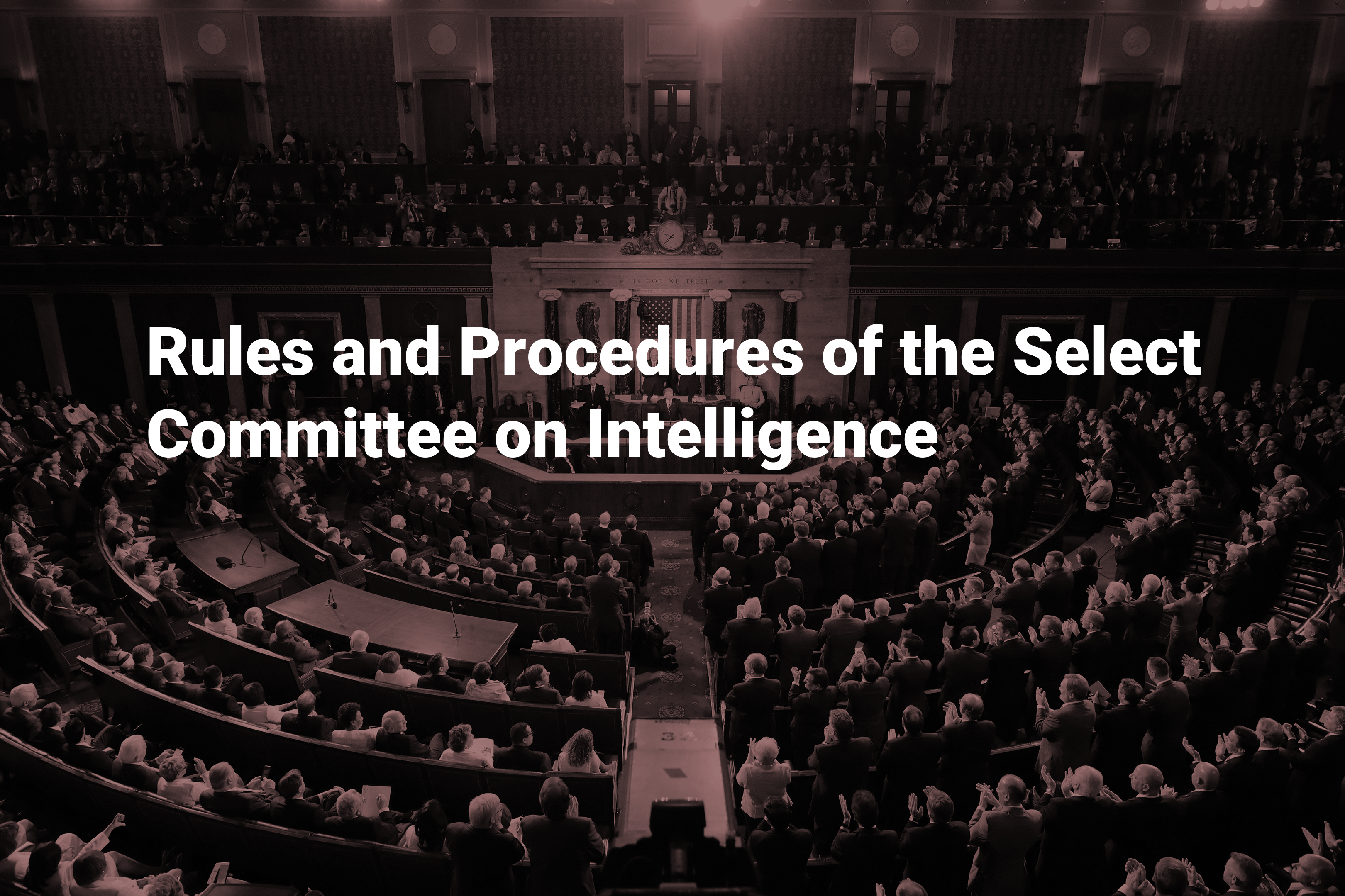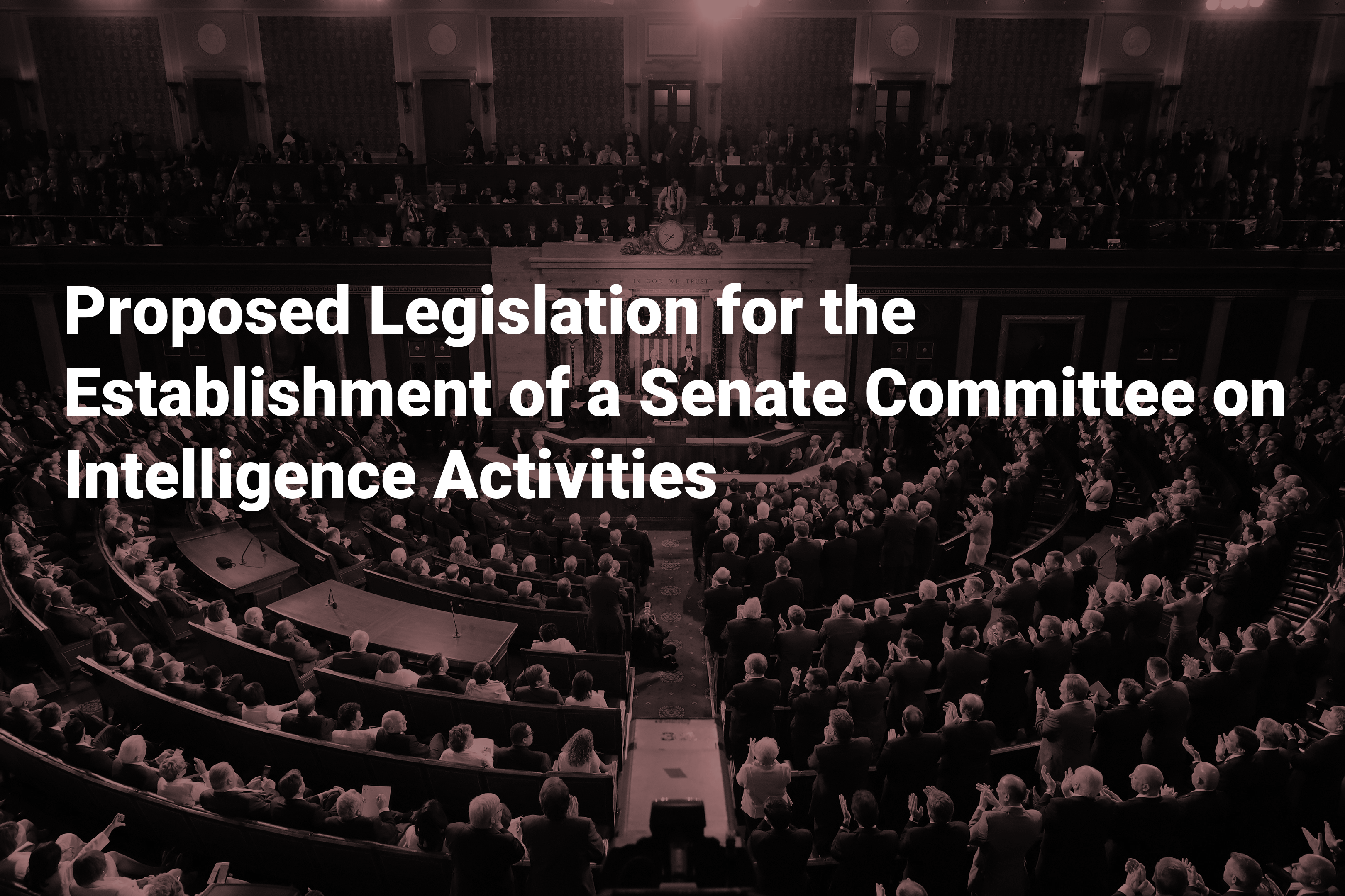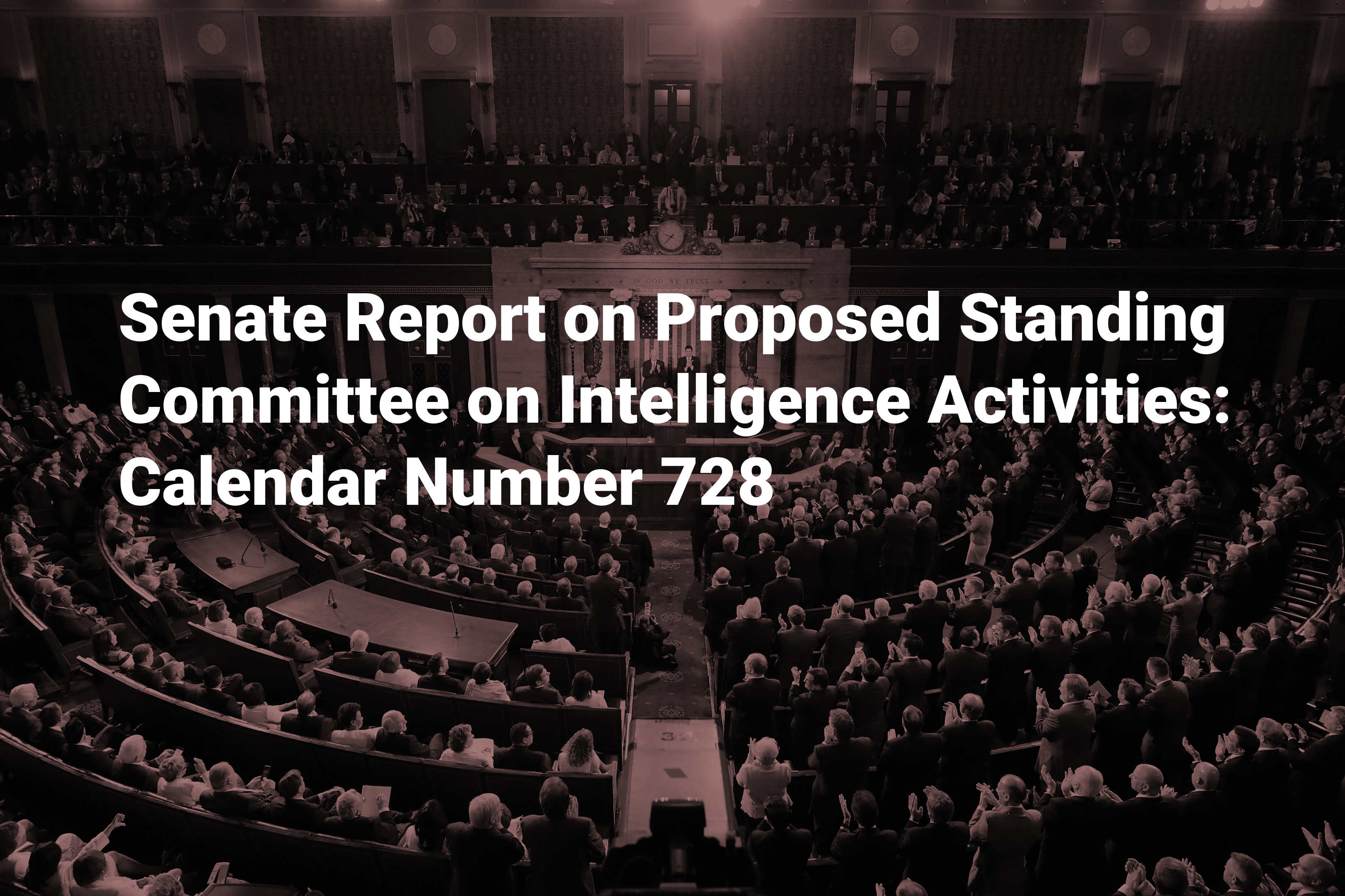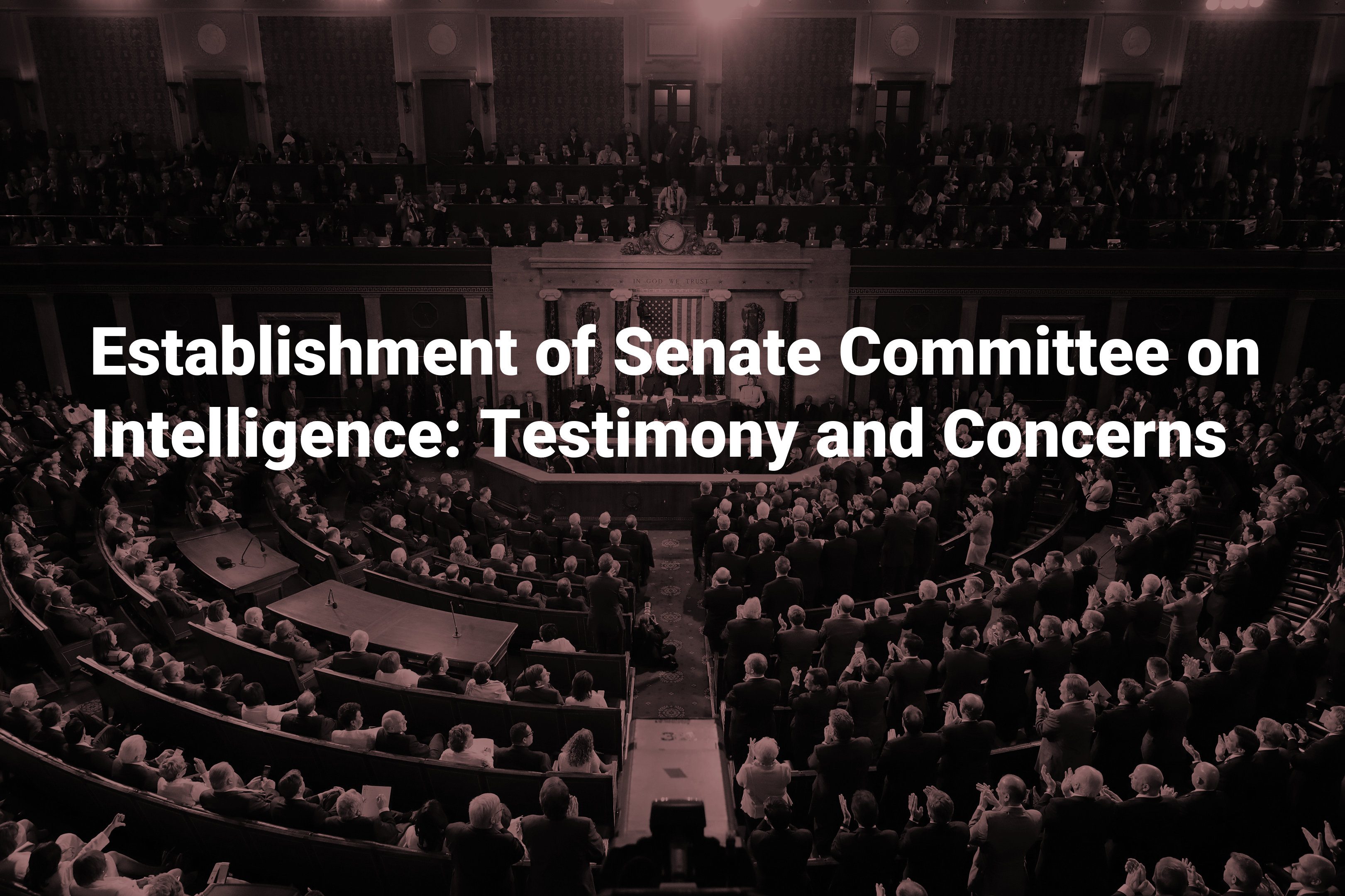Modernizing National Security Classification
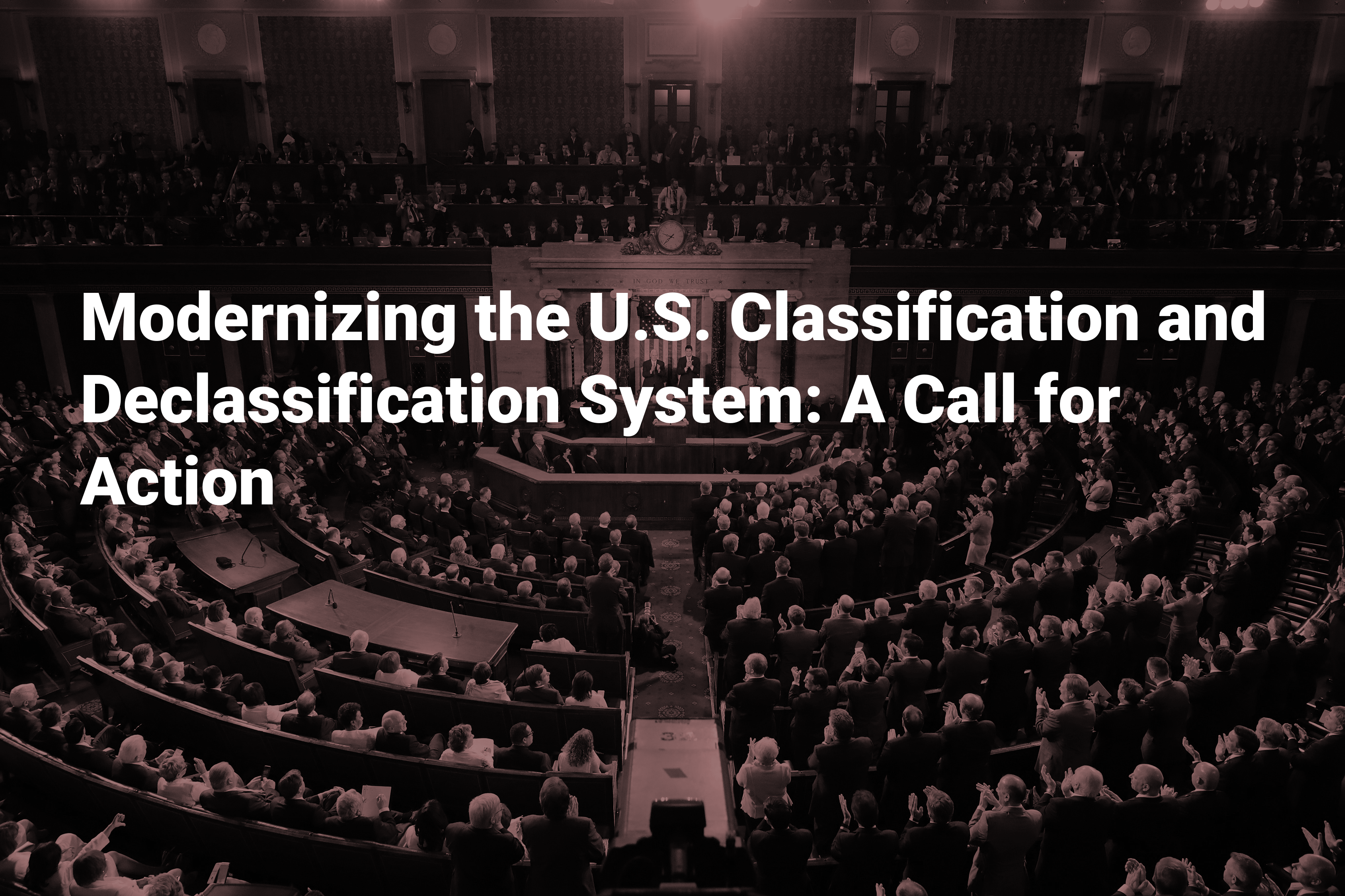
Reforming And Modernizing National Security Classification
On September 9, 2020, the Senate Select Committee on Intelligence held a hearing on proposed declassification reform. Congressman John F. Tierney, a member of the Public Interest Declassification Board, testified at the hearing. He thanked the Committee for the invitation and spoke about the importance of modernizing the government’s national security classification and declassification system. Congressman Tierney mentioned that the PIDB, established in 2000, plays a crucial role in improving the system by making recommendations for reform. He expressed gratitude for Senators Moran and Wyden cosponsoring and introducing “The Declassification Reform Act of 2020,” which incorporates many recommendations from the PIDB’s recent report on the modernization of the U.S. classification and declassification system.
Gratitude was expressed for the passage of legislation that permanently authorized the PIDB, and we looked forward to advocating for the modernization of the classification and declassification system. Over the past 12 years, we have written five reports to the President, highlighting the challenges and recommending new policies for addressing them. Modernizing the system is imperative for national security and effective governance in the digital age. However, since our first report in 2008, there has been little progress in investing in and integrating information technology into classification and declassification processes. Our most recent report served as a roadmap for the government to overcome inaction and integrate efforts into a government-wide solution. We emphasized the need for sustained leadership and an integrated federated systems approach to ensure interoperability and effective use of advanced technologies. Our recommendations align with the administration’s IT modernization and AI strategies and efforts to improve performance and reduce costs. The declassification system is widely acknowledged to be at a breaking point due to the volume of digital data it cannot effectively handle.
In the example given, it was found that an intelligence agency created approximately 1 petabyte of classified data every 18 months in 2012. This was equivalent to about 1 trillion pieces of paper. The agency estimated that it would take two million employees one year to review this volume of information using manual declassification processes. Since then, the problem of overwhelming volume has likely grown exponentially.
Over-classification is exacerbating the collapse of the declassification system and negatively impacting current government national security operations. Over-classification was identified as a hindrance to supporting the warfighter in testimony given by LTG James Dickinson, the President’s nominee to lead the U.S. Space Command. It not only affects operations and missions but can also result in costly duplication of space systems, hinder innovation, reduce private sector support, and impede the development of new technologies that could enhance U.S. space dominance.
To address these issues, agencies need to re-evaluate the needs of their customers and provide maximum support. The National Geospatial-Intelligence Agency (NGA) has taken steps by creating a Consolidated Security Classification Guide called “CoNGA.” This guide is integrated into NGA work processes, utilizes advanced technology to automate classification decisions, and ensures that decisions align with mission and customer needs.
Modernizing policies, integrating interagency efforts, and utilizing technology are critical to the security of our nation. Technologies like artificial intelligence and machine learning are revolutionizing operations and offer specific tools to address these challenges.
In the past, there were technology solutions available at various agencies. These solutions had the potential to revolutionize the management of classified data. However, agency programs operated independently in silos, leading to duplicative processes and a lack of secure communication between agencies. This resulted in added costs and reduced efficiency.
To address these issues, it was recommended to have an Executive Agent oversee declassification reform and integrate it into a federated system. The Executive Agent would have the authority to implement new policies and processes across agencies and develop declassification guidance and metadata standards. They would also be responsible for coordinating advanced technology solutions and acquiring technology.
The ODNI was seen as the strategically empowered organization to take on the role of Executive Agent. They had previous experience in overcoming bureaucratic obstacles and integrating multiple organizations within the Intelligence Community. The ODNI had a proven track record in developing and implementing technological solutions and acquisitions. They were involved in the creation of the Intelligence Community Information Technology Enterprise (ICITE) and managed the Joint Worldwide Intelligence Communications System. Additionally, the ODNI was a leader in managing research in advanced information technology and other machine-learning technologies, leveraging the expertise of various intelligence agencies and private sector partners.
In 2019, the National Intelligence Strategy acknowledged the leadership role of the Director of National Intelligence (DNI) in bringing about change by increasing integration, coordination, innovation, and transparency. The Office of the Director of National Intelligence (ODNI) was considered the best choice to serve as the Executive Agent based on its leadership in establishing a common IT architecture. By expanding the common IT infrastructure, processes, and data strategy, the ODNI could improve efficiency, mission support, and cost savings.
The declassification system was struggling to keep up with the large number of paper records from 25 years ago and the exponential growth of digital data posed a threat to its survival. Failure to reform the classification and declassification system would have a significant impact on democracy and national security. Despite the authoring of five reports with recommendations and possible solutions, there has been no coordinated government effort to rethink classification and declassification in the digital age.
Hope remains that change is forthcoming, particularly with the signing of Senate Bill 1790, which required the Department of Defense to report to Congress on its plan to integrate advanced technologies into declassification processes and address backlogs. There is unanimous agreement among stakeholders that the current system is not suitable for the digital age, and it is encouraging that the ODNI representative recognizes the problem and acknowledges that the system is outdated.
The summary is as follows: The speaker supports proposed legislation to modernize declassification. They are grateful for the committee hosting a hearing on this issue, as it is an important step forward. The government is already modernizing information technology policies, reforming acquisition practices, and integrating advanced technology across agencies. The next steps are to adopt recommendations in the Vision report, appoint the DNI as the Executive Agent, and facilitate the integration of advanced technology into classification and declassification processes. Modernizing the classification and declassification system is important for national security, transparency, and democracy. The government needs to take action instead of making excuses and should engage with stakeholders to find solutions and implement them. The speaker appreciates the support and looks forward to answering questions and continuing the discussion.









